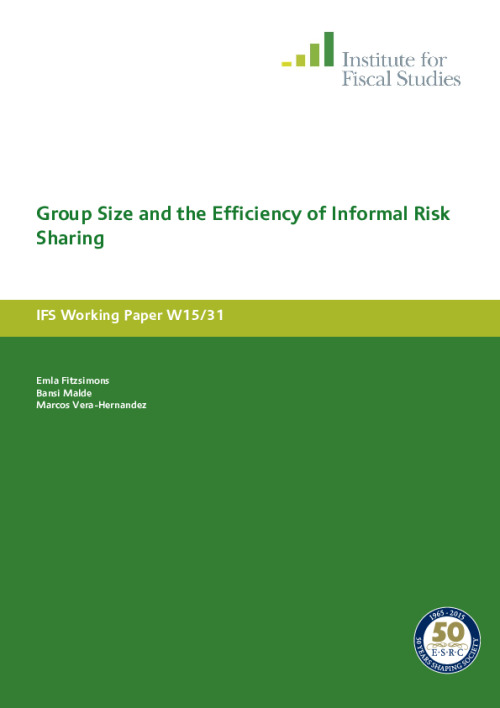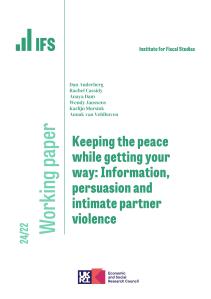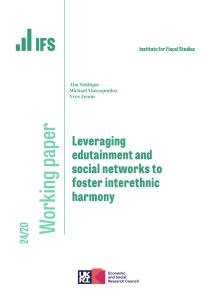The objective of this paper is to understand and test empirically the relationship between group size and informal risk sharing. Models of informal risk sharing with limited commitment and grim-trigger punishments upon deviation imply that larger groups provide better informal insurance. However, when subgroups of households can credibly deviate, so that sustainable informal arrangements ought to be coalition-proof, the relationship between group size and the amount of insurance is unclear. Building on the framework of Genicot and Ray (2003), we show that this relationship is theoretically ambiguous. We then investigate it empirically using data on the size of the sibships of the household head and spouse in rural Malawi. To identify the relevant potential group within which risk is shared, we exploit a social norm among the main ethnic group in our sample which is such that the brothers of the wife should play a key role in ensuring her household’s wellbeing. We find that households in which the wife has many brothers are not well-insured against crop loss events. Importantly, we fail to uncover a similar relationship for the sisters of the wife, ruling out that our findings are driven by wives with many siblings (e.g. brothers) having poorer extended family networks. Calibrating our theoretical framework using values similar to those in our sample produces a relationship between household risk sharing and group size that is similar to that uncovered in the data, indicating that the threat of coalitional deviations can explain our empirical findings.












